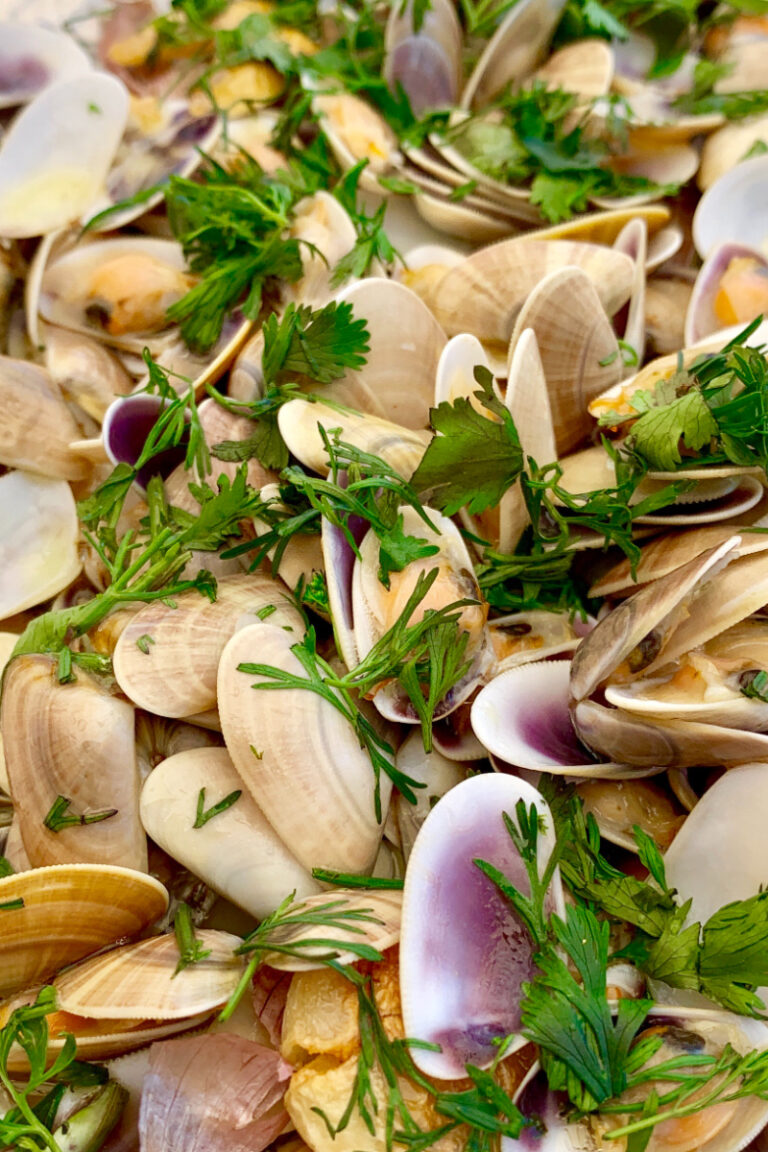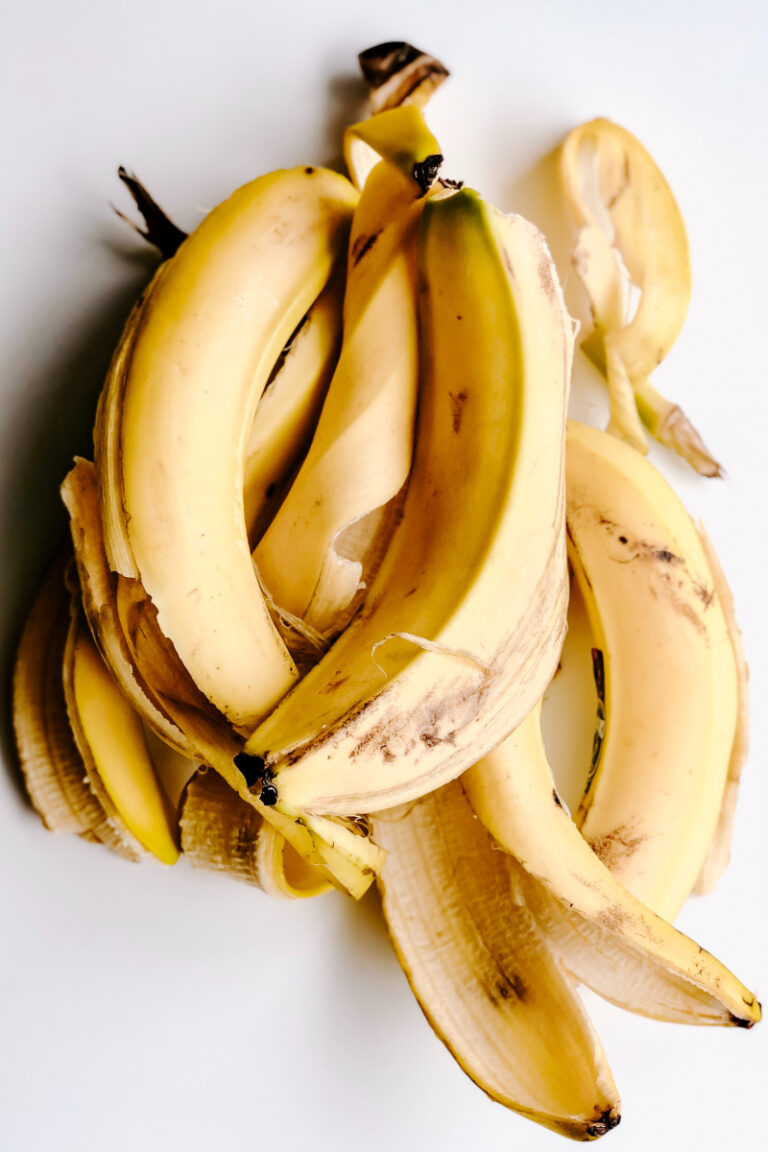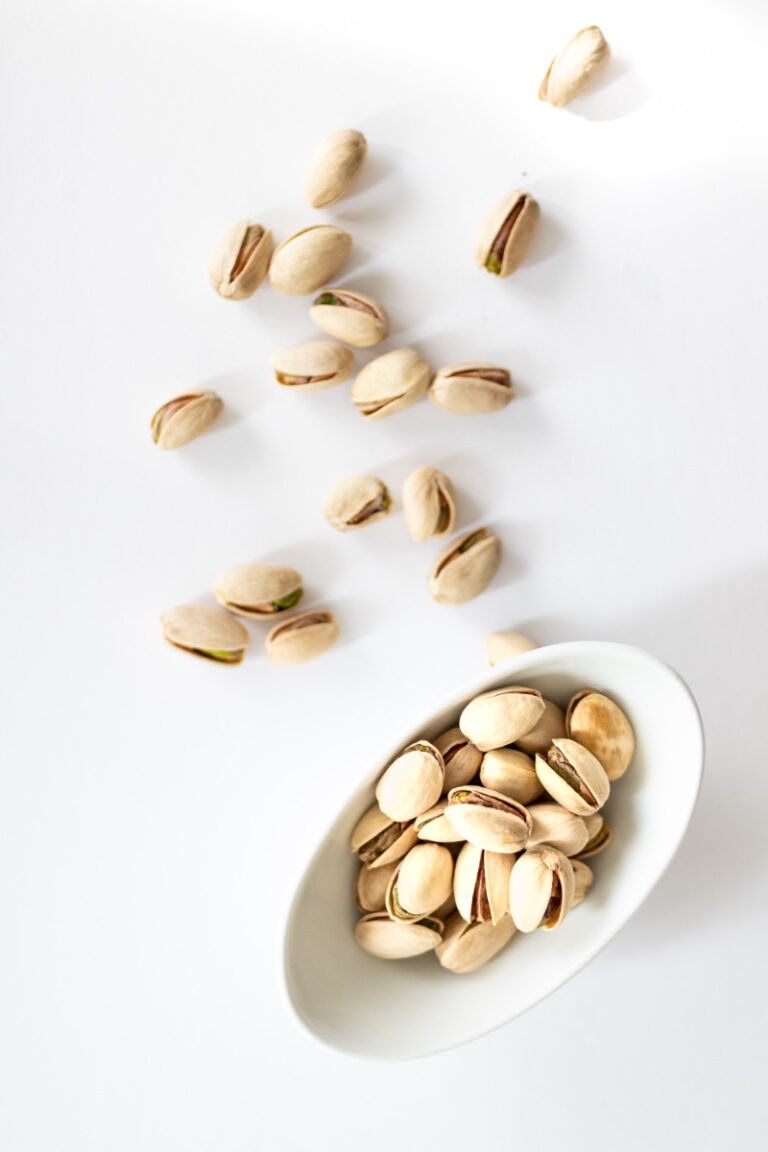Humus vs Compost: Understanding the Differences
Humus and compost are two terms that are often used interchangeably in the gardening world. While they are similar in some ways, they are not the same thing.
Understanding the difference between humus and compost is important for any gardener who wants to improve the health and fertility of their soil.
Compost is created through the decomposition of organic matter, such as food scraps and yard waste. It is often referred to as “black gold” because of its ability to improve soil structure, retain moisture, and provide essential nutrients for plants.
On the other hand, humus is the end product of the decomposition process. It is a stable form of organic matter that is rich in nutrients and helps to improve soil health.
While compost is a valuable addition to any garden, humus is even more beneficial because of its ability to improve soil structure and fertility over the long term.
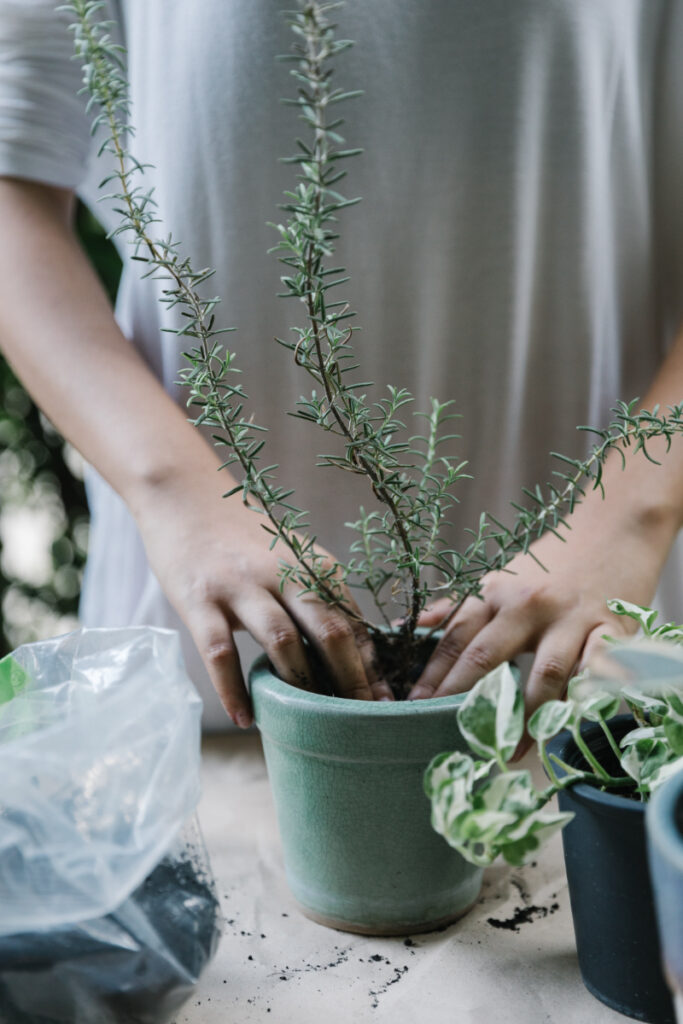
Understanding Humus
Humus is a dark, organic matter that is often found in the top few inches of soil. It is formed through a long process of decomposition by microorganisms such as bacteria, fungi, and earthworms. In this section, we will discuss the formation, benefits, and uses of humus.
Formation of Humus
Humus is formed through the decomposition of organic matter such as leaves, grass clippings, and animal waste.
This process can take several months to years, depending on the conditions and the type of material being decomposed. During this process, microorganisms break down the organic matter into simpler compounds, releasing nutrients that are essential for plant growth.
Benefits of Humus
Humus has several benefits for soil and plant health. It can improve soil structure, making it easier for plant roots to penetrate and absorb water and nutrients.
Humus can also increase the soil’s water-holding capacity, reducing the need for frequent irrigation. Additionally, humus can help to regulate soil pH, making it more suitable for plant growth.
Uses of Humus
Humus can be used in a variety of ways to improve soil health and plant growth. It can be added to soil as a soil amendment to improve soil structure and water-holding capacity.
Humus can also be used as a mulch to help retain moisture and suppress weed growth. Additionally, humus can be used as a compost additive to accelerate the composting process and improve the quality of the resulting compost.
In conclusion, humus is an important component of healthy soil and plant growth. It is formed through the decomposition of organic matter by microorganisms and has several benefits for soil and plant health.
Humus can be used in a variety of ways to improve soil health and plant growth, making it a valuable resource for gardeners and farmers alike.

Understanding Compost
Compost is a nutrient-rich soil amendment that is created through the natural process of decomposition of organic materials. It is a valuable resource for gardeners and farmers who want to improve the quality of their soil.
Composting Process
The composting process involves the breakdown of organic materials such as food scraps, yard waste, and other biodegradable materials. The process is carried out by microorganisms such as bacteria, fungi, and other decomposers that break down the materials into a dark, crumbly substance called compost.
There are two main types of composting: aerobic and anaerobic. Aerobic composting involves the use of oxygen to speed up the decomposition process, while anaerobic composting occurs in the absence of oxygen and is slower.
Benefits of Composting
Composting has numerous benefits for both the environment and the gardener. Here are some of the benefits:
- Reduces waste: Composting helps reduce the amount of organic waste that ends up in landfills, where it can produce harmful greenhouse gases.
- Improves soil quality: Compost is a natural fertilizer that can improve soil structure, water retention, and nutrient availability.
- Saves money: Composting can save money on fertilizer and soil amendments, as well as reduce the need for water and pesticides.
- Promotes biodiversity: Composting supports the growth of beneficial microorganisms that help plants grow and resist disease.
Uses of Compost
Compost can be used in a variety of ways to improve soil quality and promote plant growth. Here are some of the most common uses:
- Soil amendment: Compost can be mixed into soil to improve its structure, water-holding capacity, and nutrient content.
- Mulch: Compost can be used as a mulch to help retain moisture, suppress weeds, and regulate soil temperature.
- Fertilizer: Compost can be used as a natural fertilizer to provide plants with essential nutrients.
In conclusion, compost is a valuable resource that can help gardeners and farmers improve the quality of their soil, reduce waste, and promote plant growth.
By understanding the composting process, its benefits, and its uses, you can make the most of this natural resource and create a healthier, more sustainable garden or farm.
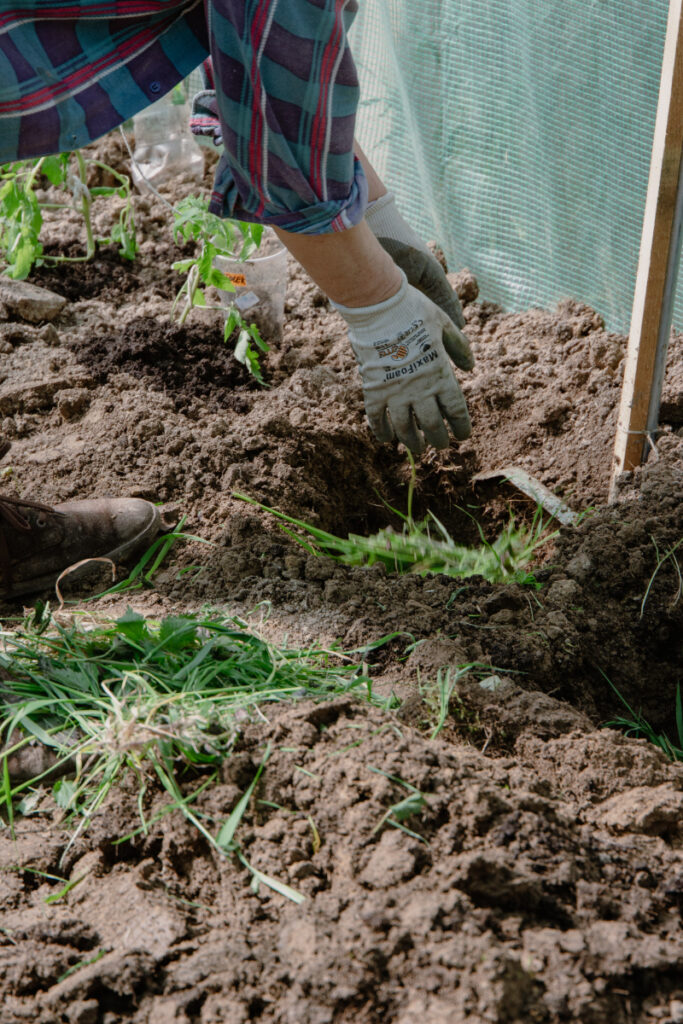
Humus vs Compost
Humus and compost are both organic matter that can be added to soil to improve its quality. However, they have some significant differences in their composition, usage, and environmental impact.
Composition Differences
Compost is created by decomposing organic matter, such as leaves, grass, and food scraps, with the help of microorganisms. The result is a nutrient-rich soil amendment that is often used as a fertilizer.
In contrast, humus is the end product of fully decomposed compost. It is dark, organic material that is resistant to further decomposition and has a higher carbon content than compost.
Usage Differences
Compost is used to add nutrients and improve soil structure, while humus is used to improve soil fertility and health over the long term.
Because humus is more stable than compost, it provides a more sustained release of nutrients to plants. Humus also helps to retain moisture in the soil and improves its ability to hold onto nutrients.
Environmental Impact
Both compost and humus have positive environmental impacts. Composting reduces the amount of organic waste that ends up in landfills, which reduces greenhouse gas emissions. Adding compost and humus to soil can also sequester carbon, which can help mitigate climate change.
However, the production of compost requires energy and resources, such as water and fuel for transportation, which can have negative environmental impacts.
In summary, while compost and humus are both beneficial for soil health, they have different compositions and uses.
Compost is used to add nutrients and improve soil structure, while humus is used to improve soil fertility and health over the long term. Both have positive environmental impacts, but the production of compost requires energy and resources.
In Conclusion
In conclusion, both compost and humus are great for improving soil quality and promoting healthy plant growth. While they share some similarities, they have distinct differences that make them useful in different ways.
When deciding between compost and humus, it’s essential to consider your specific gardening needs. If you want to improve your soil structure, enhance soil fertility, and promote healthy plant growth, compost is an excellent choice. If you’re looking to condition your soil and increase its water-holding capacity, humus may be a better option.
Ultimately, both compost and humus have their unique benefits and are essential for maintaining healthy soil. By incorporating these organic materials into your gardening practices, you can create a thriving and sustainable garden that will yield bountiful harvests for years to come.
Frequently Asked Questions
Q: Which is better for gardening: humus or compost?
A: Both humus and compost are beneficial for gardening, but they serve different purposes. Compost is great for adding nutrients to the soil and improving soil structure, while humus helps to retain moisture and improve soil fertility. Using both in combination can help create a healthy and thriving garden.
Q: Can humus be used as a replacement for compost?
A: While humus and compost are similar, they are not interchangeable. Humus is the end result of fully decomposed organic matter, while compost is the process of breaking down organic matter.
Humus can be used in combination with compost to improve soil health, but it cannot replace compost entirely.
Q: What is the difference between humus and topsoil?
A: Topsoil is the uppermost layer of soil, while humus is a component of soil that is created through the decomposition of organic matter.
Topsoil can contain humus, but not all topsoil is rich in humus. Humus is important for soil fertility, while topsoil provides a foundation for plant growth.
Q: How do I make humus-rich compost?
A: To make humus-rich compost, start by layering organic matter such as leaves, grass clippings, and food scraps in a compost bin or pile.
Add water and turn the compost regularly to ensure that it decomposes evenly. Over time, the organic matter will break down into humus-rich compost that can be added to your garden soil.
Q: Where can I find humus-rich soil near me?
Humus-rich soil can be found in areas with high levels of organic matter, such as forests or areas with decomposing plant matter.
You can also create your own humus-rich soil by composting organic matter and adding it to your garden soil.
Q: Is humus considered a fertilizer?
A: Humus is not a fertilizer in the traditional sense, but it does contain nutrients that are beneficial for plant growth. Humus helps to improve soil structure and fertility, which can lead to healthier and more productive plants.

